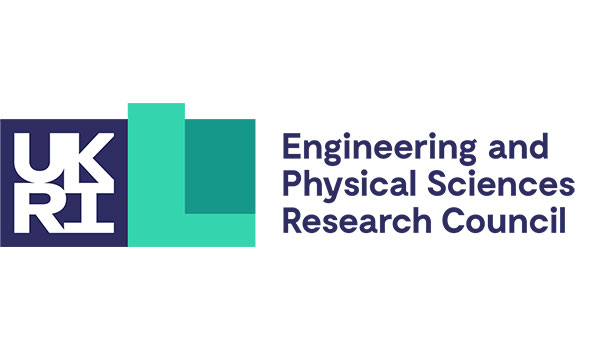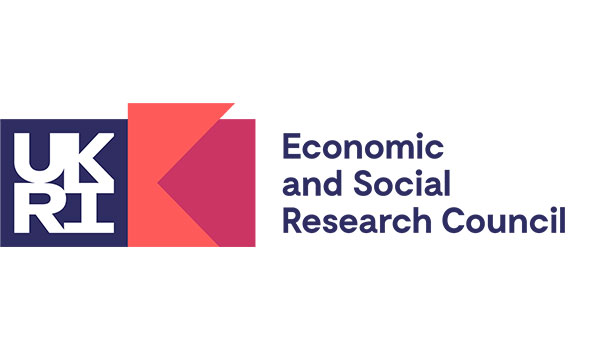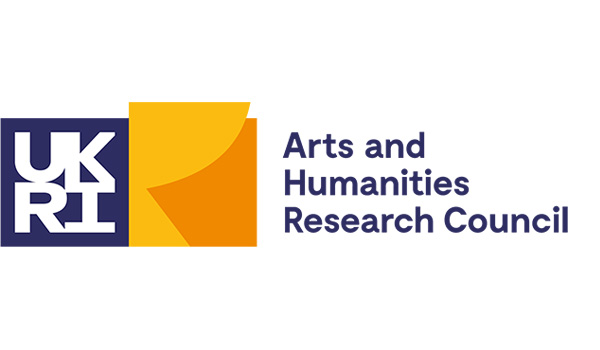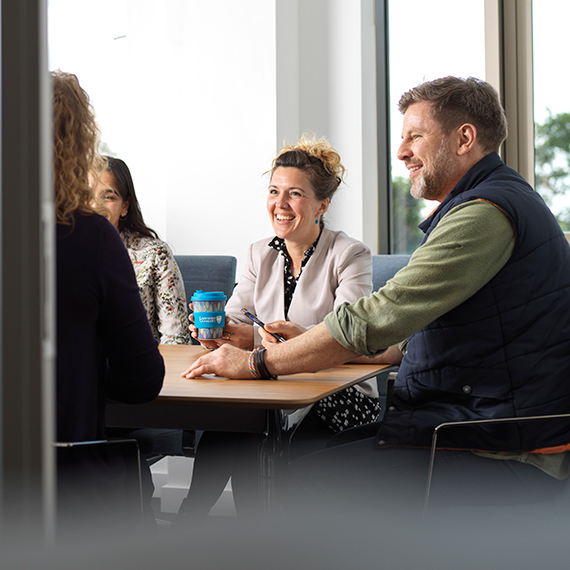Melanie Burton: It could be Blackburn, it could be Fleetwood as far as Sierra Leone globally, but it's only a small amount, but it makes a really big difference.
Mark Bowen: The difference can be felt at a local/regional level, at a national level, across the UK. But in many cases it has a global effect.
Dr Sam Murphy: People talk about the energy crisis and the climate crisis whereby we need to reduce our carbon emissions. We're going to be battling the climate forever. It's not going to be over by 2050. We're going to need to constantly be worried about what we're emitting.
Now fusion, has no carbon emissions.
Dr Mark Spencer: Fleetwood as a community, for a long time was looking backwards, to the past. We recognize the past and we're very proud of the past as a community, but we are much more hopeful and that sense of hope is really, really beneficial.
Melanie Burton: Impact Acceleration Accounts, IAAs, are UKRI investments that are awarded to universities for knowledge exchange activities. That's really taking research out into the real world.
And we're able to do that in a very flexible way with our researchers, in a way that's meaningful for our institution, for our region, and nationally.
An amazing thing is that with knowledge exchange, is it's like seeing how research can be translated into other sectors, into other domains. So, yeah, the researchers will say themselves, you can start out with a research problem or a question and you don't know where it's going to lead. And I think that's the amazing thing that we've supported.
Mark Bowen: Serendipity always plays a part in developing any relationship. The money is there simply to help that relationship. It's not the be-all and end-all.
Professor Charlotte Baker: The Impact Acceleration Account funding has helped me to collaborate with different partners in Africa to bring people together, to bring together stakeholders in various meetings and networks that have enabled them to exchange their knowledge and expertise as well. So it's been really, really important to my work.
Professor Rob Young: EPSRC's Impact Acceleration Account has been a really efficient way of leveraging the funding that we've managed to raise through the company. So essentially, it's an act of taking a small amount from the commercial pot and magnifying it as much as possible. And that's kind of one of the primary aims of the Impact Acceleration Account, to leverage that kind of funding.
And it's been amazing. So obviously it gives us access to the facilities here at the university, but it also means that we don't need to raise as much money, to rely on other people quite so much. So it's giving us freedom. It's accelerated the scientific development, er you know, it puts the R in R and D and allows us to develop a really exciting new technology.
Mark Bowen: The reality is that these are projects that will impact people's lives in a very positive manner. Some of that impact may be felt very, very rapidly, as in the case of Fleetwood. However, it could be ten or 20 years down the line in terms of the work we're doing with Tokamak Energy about fusion fuels for power.
Melanie Burton: We're here supporting researchers, who are researchers, they're also educationalists, being able to help them to actually engage and work with other organisations. I think that's the exciting thing and I think it is very rewarding.
I'm Mel Burton and I've worked on the ESRC Impact Acceleration Account. It's been an amazing experience working in the social sciences at Lancaster University.
Mark Bowen: I'm Mark Bowen. I'm the Business Gateway Manager, and as part of that role I have operational management on a day-to-day basis of the EPSRC IAA Funding. It's the people that make the difference, whether it be the researcher or the partner, whether they be in business, public sector or the third sector, making the difference through people.
Narrator: From local to global, collaborations that count.







